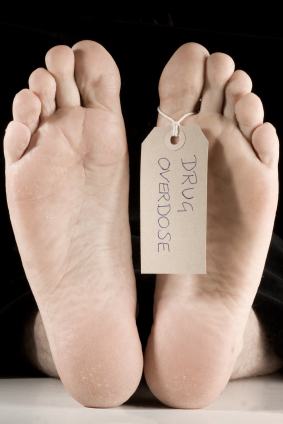Cocaine Information
- Causes of Cocaine Abuse
- Signs of Cocaine Abuse
- Student Cocaine Abuse
- Who invented Cocaine
- Cocaine Abuse and Overdose
- Cocaine Abuse Effects
- Cocaine Abuse Statistics
- Cocaine Abuse Treatment
- Cocaine Photos
- Dangers of Cocaine Abuse
- How is Cocaine Taken
- How much does Cocaine Cost
- Side Effects of Cocaine Abuse

Dangers of Cocaine Abuse
 The dangers of cocaine abuse include changes in the users brain, body, and sprit. Cocaine abuse is an ever increasing epidemic spreading throughout the United States and comes with a heavy price. The dangers of cocaine abuse can range from restlessness to coma or death. In addition to the physical effects of cocaine abuse, there are many psychological consequences too, the worst of which is of course cocaine addiction. Addicts find that they are no longer able to distinguish between right and wrong and make poor judgment choices.
The dangers of cocaine abuse include changes in the users brain, body, and sprit. Cocaine abuse is an ever increasing epidemic spreading throughout the United States and comes with a heavy price. The dangers of cocaine abuse can range from restlessness to coma or death. In addition to the physical effects of cocaine abuse, there are many psychological consequences too, the worst of which is of course cocaine addiction. Addicts find that they are no longer able to distinguish between right and wrong and make poor judgment choices.
Dangers of cocaine abuse also include a greater risk for health problems down the road, from neglecting their own health to risk of infectious disease like hepatitis or HIV from sharing needles. Heavy cocaine abuse has a direct cause and effect on health including lung disease, arthritis, heart problems, brain damage, and potential death from overdose. Productivity at work often suffers, and eventually trouble keeping a job or even homelessness can occur. The urge to use is so powerful that criminal activity for money or more drugs can be a strong temptation for addicts.
Scientists have determined that most addictive drugs like cocaine initially affect the brains reward system. This part of the brain rewards us when we do the things necessary to survive like eating, drinking, having sex to perpetuate our species, and so on. Cells in this brains reward center release chemicals that make us feel good (reward us) when we engage in survival type behaviors and thus teach us to repeat the actions. One of the many dangers of cocaine abuse is that it mimics the brain's natural chemicals. Instead of teaching us to repeat survival behaviors, cocaine use teaches the user to take more cocaine. If use continues, the dangers of cocaine abuse gradually change the users brain and lead to addiction.
Another of the dangers of cocaine abuse is tolerance. This is when increasing amounts of the drug is needed to duplicate the initial effect. Other dangers of cocaine abuse include increased sexual activity among cocaine users, both in prostitution and from the uninhibited effect of the drug. This puts them at a higher risk of AIDS and other sexually transmitted diseases. Many cocaine users also engage in criminal activity, such as burglary and prostitution, to raise the money to buy drugs. Some drugs, such as cocaine, are often associated with violent behavior.
The dangers of cocaine abuse include denial. The urge to use is so strong that the mind finds many ways to rationalize cocaine use. Someone abusing drugs may drastically underestimate the quantity of drugs they are taking, how much it is costing them, and how much time it takes away from their family and work. They may lash out at concerned family members, making the family feel like they are exaggerating and overstating the problem. What makes this so frustrating for family members is the person abusing drugs often sincerely believes they do not have a problem and can make the family member feel like the dysfunctional one.
Lastly, the dangers of cocaine abuse can lead to the user's preoccupation with drugs, which causes changes in their mood and performance in life. This in turn can lead to marital problems and poor work performance or dismissal. Cocaine abuse can disrupt family life and create destructive patterns of codependency. That is, the spouse or whole family, out of love or fear of consequences, inadvertently enables the user to continue using cocaine by covering up, supplying money, or denying there is a problem.
